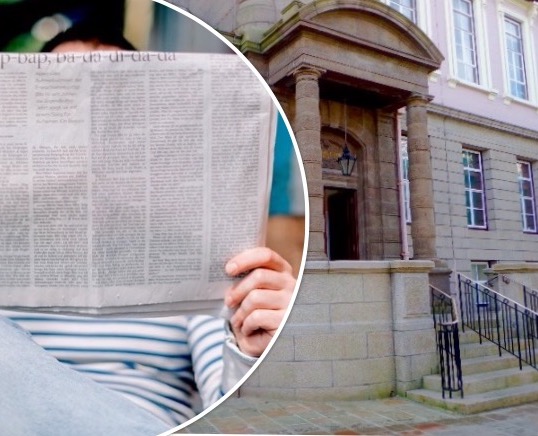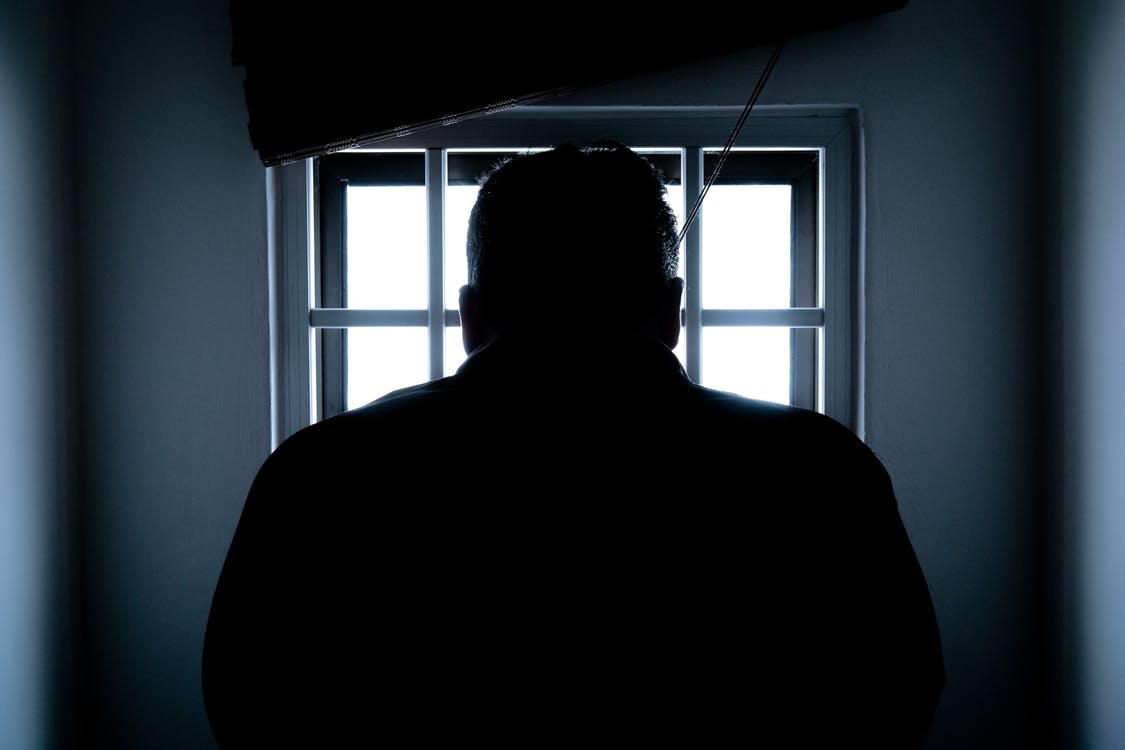

Each month, Olaf Blakeley brings the latest legal lowdown in his monthly 'Advisor' column for Connect magazine. Today he asks, when it comes to trials, how much do we really need to know?
I have a general unease with the way in which publicity is given in criminal trials.
Since January this year, there has been a swathe of jury trials in which defendants have all been acquitted. They have ranged from historical sexual abuse cases, to sexual assaults, rapes and grave and criminal assaults. The publicity given to those trials has been within guidelines for the press and reported with observance of the law. The press has done nothing improper whatsoever. The problem is with the law; the law is wrong and must change and change soon.
Under European law every citizen has the right to a private life. We know that. We know as a civilised society we should not, as individuals, be exposed to humiliation, public criticism or community gossip. It’s not fair and it’s not kind. However, we also realise that for the greater good and for public order sometimes our rights come secondary. Thus, if an individual is suspected of an offence they may have to relinquish some rights because too strict an observance would thwart proper prosecutions.

Pictured: Is it right to 'name and shame' defendants before the outcome of the trial? Olaf thinks it's time for a law change.
However, there comes a point at which we need to stop and think about criminal trials and how defendants’ identities are disclosed before they are convicted. While the adage ‘innocent until proven guilty’ has many applications it seems to take a back seat in the setting I am describing. Why? Why is something we hold so dear discarded all so easily and a suspected criminal subjected to public humiliation and shame?
I have thought about it long and hard. I cannot see one good reason – in general cases – for a defendant’s identity to be reported along with all the details of his or her alleged criminality. In the trials I can recall so far this year the defendants have been accused of committing isolated incidents in confined circumstances in which no further witnesses are available and no further offending is alleged. The publicity of the defendants’ names and their alleged acts add nothing to the trial process. Their names are not published in the hope it will ‘flush out’ further evidence or further offending. There is no good reason to support this practice.
It may be easy to ignore what is wrong with the system when defendants are found guilty but, as I have said, this year to date there has been a plethora of acquittals in criminal cases. And cases of serious offending. I put myself in the defendants’ shoes: I would find it very hard to face people as I walked down King Street; my legal practice would be over and I would seriously consider leaving an island I adore. And what would bring this about? The publicity and humiliation of having my name and serious embarrassing allegations made against me. As the jury return their not guilty verdict the judge would turn to me and say “You are free to go”. Yes. I am free to walk from the court but my alternative sentence is just beginning.

Pictured: Living on a small island can make it near impossible to escape one's past.
Some politician needs to get this issue by the scruff of the neck and shake it until the matter is resolved. I have seen first-hand with my clients who are found not guilty in criminal trials the upset and anxiety and devastation caused. As a society that believes in fundamental rights, until such time as the law is changed, that belief is merely a belief, an aspiration which it appears is so unimportant that no-one can be bothered to do anything to ensure it is properly practiced.
Comments
Comments on this story express the views of the commentator only, not Bailiwick Publishing. We are unable to guarantee the accuracy of any of those comments.